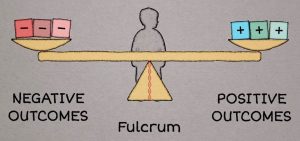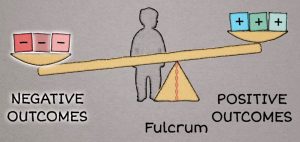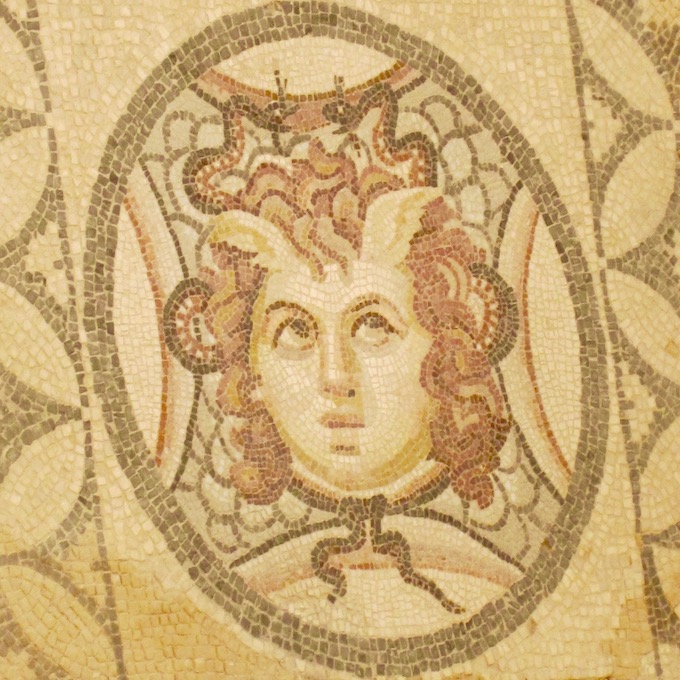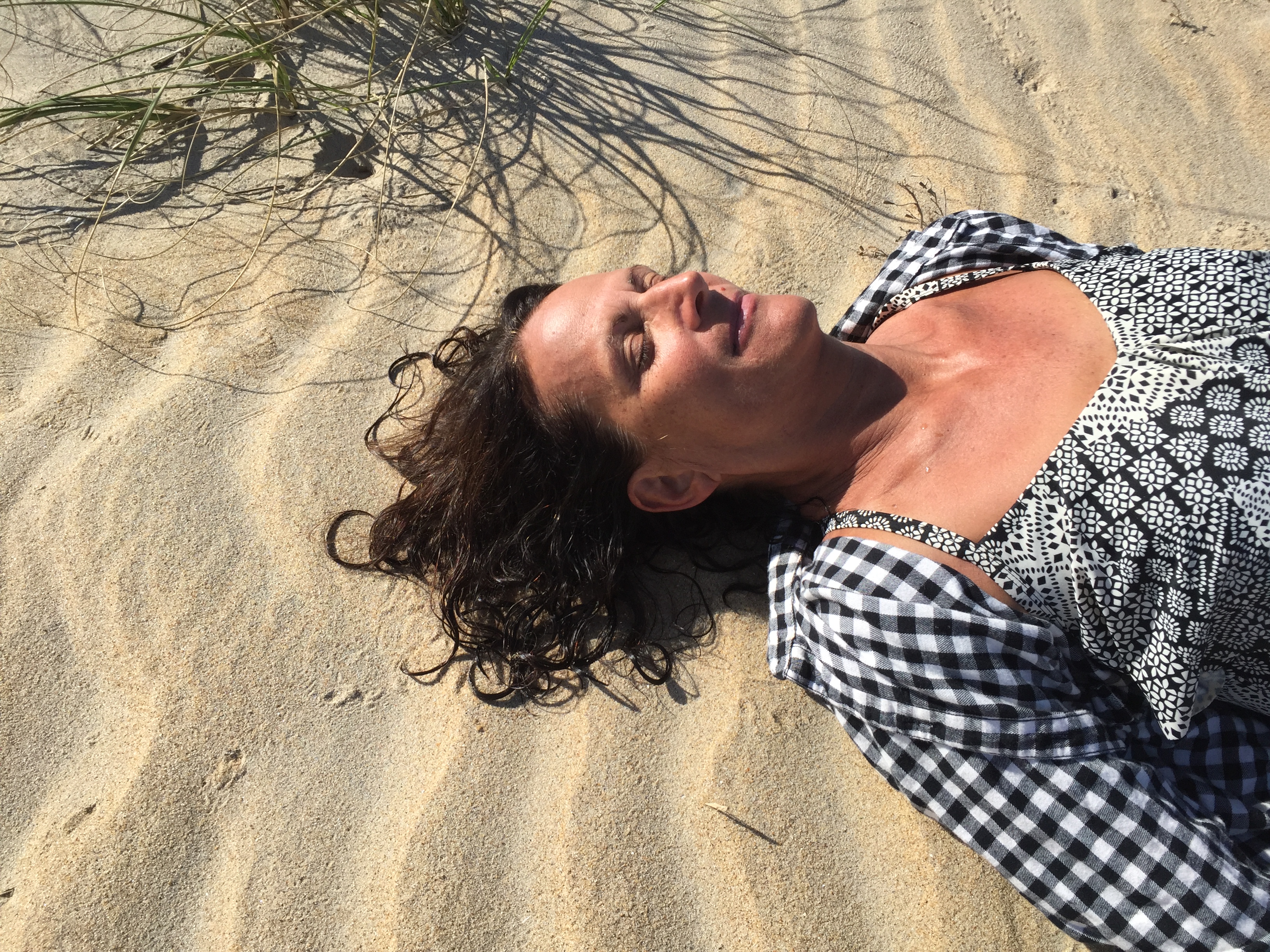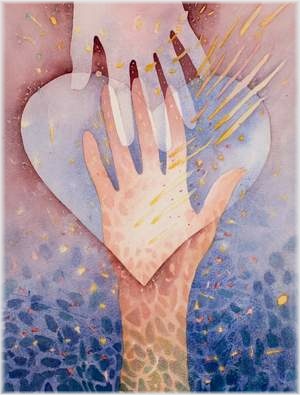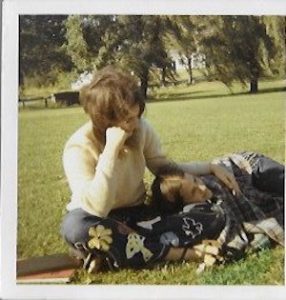
“We sail and we sail together.
The name of our ship is the new beginning
and our sails are a hopeful color.
Filled with the winds of changing times.
We sail and sea around us waves.
And it swells as a great heart beating.
All the storms of night are passing.
How can we sink when we can fly?”
From the cover of my leadership camp’s handbook 1971
“When you are 15, or thereabouts, you love the art you love more passionately than you will ever love art again. Around that time your sense of taste has only just recently come into being. ….. You have been transformed from a kid… to a young adult with an ‘aesthetic’.”
—From Jonah Weiner Rage Against the Machine, New York Times Magazine
In the summers when I was 16 and 17 I was sent, by scholarship, to a leadership camp in Upstate New York. By day, we did social action, building a playground for migrant worker children and by night we discussed the deep questions of religion and spirituality. On weekends we would clean up and dress in all white and sing and dance our hearts out. This was my art, my aesthetic. I fell in love. Looking back 49 years later, I am sure that my fellow campers and what we created together saved my life.
Recently one of my best friends from camp found me on Facebook. She then posted this picture from 1972 of the two of us sitting on the grass near our beloved pond – my head in her lap. As I gaze at that photo, I know that is still me. I love intimate contact, and thrive on the meaningful conversation. We had many that summer about love, life and God…..
